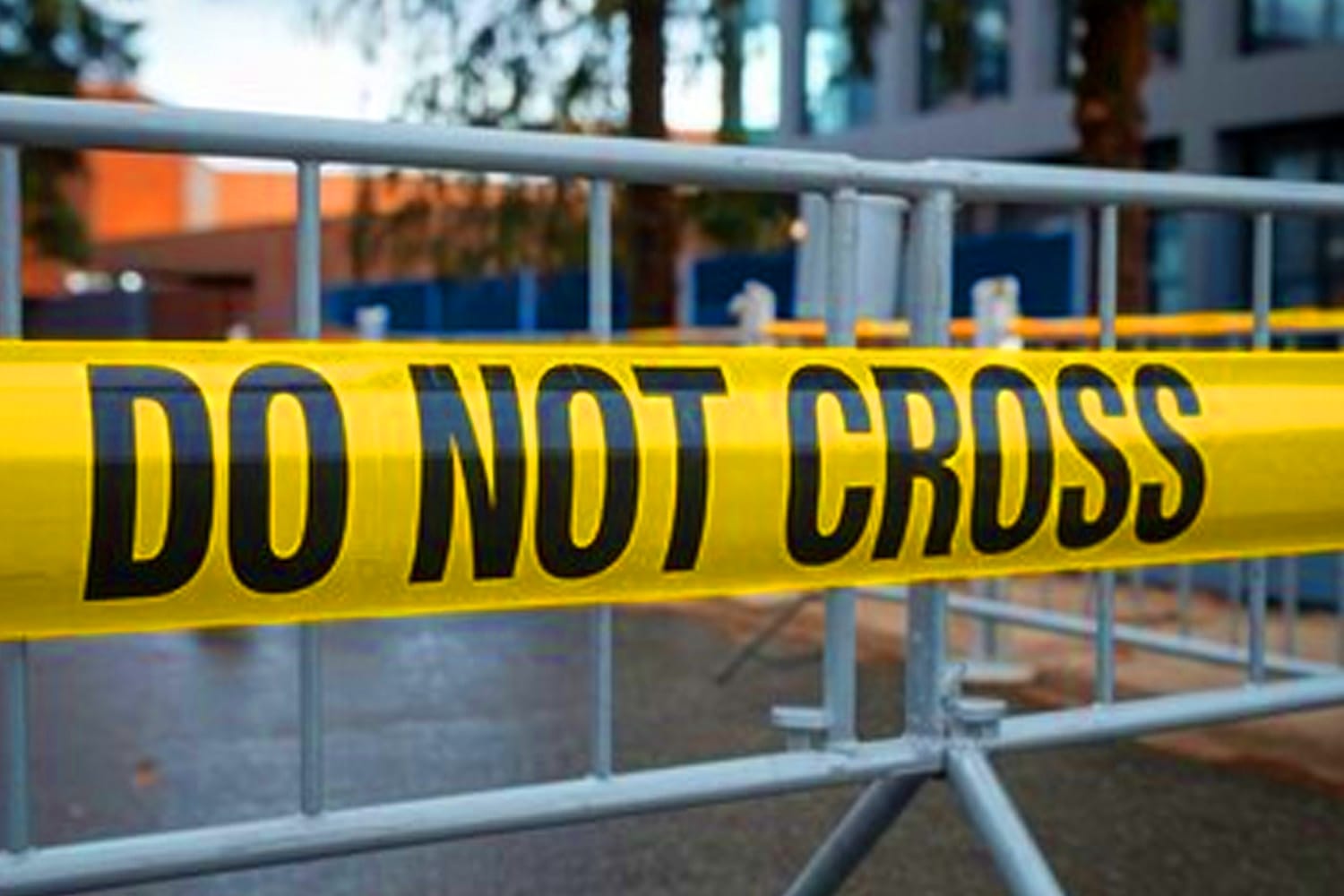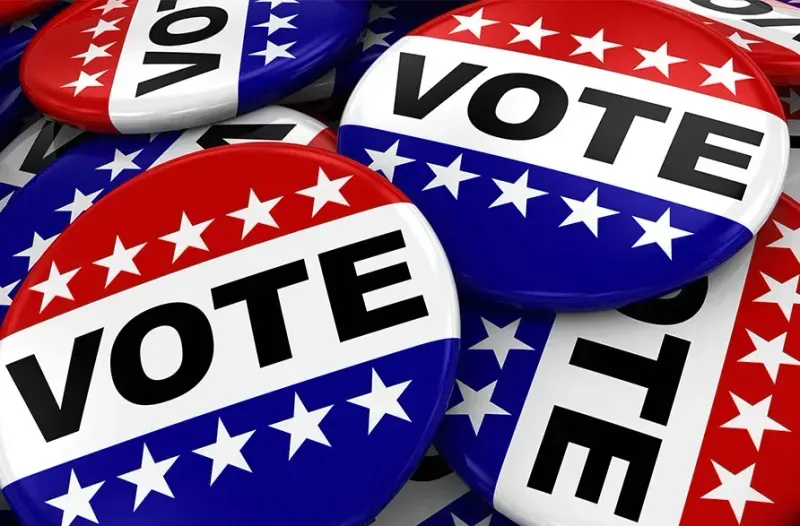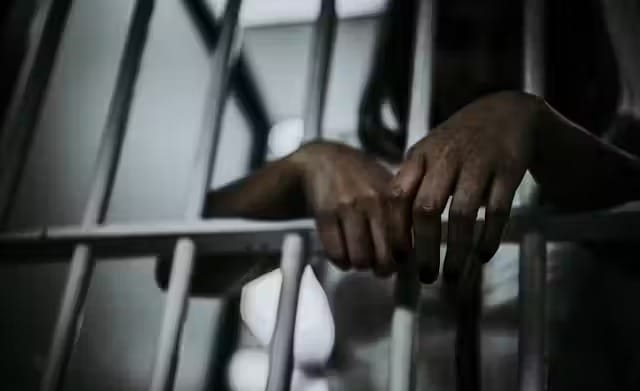Judge to Decide Fate of Louisiana’s Police Buffer Zone Law
Act 259, passed this year and signed by Gov. Jeff Landry, criminalizes approaching within 25 feet of an officer after being told to step back. Critics argue it could suppress journalists and the public.

BATON ROUGE, La. — A federal judge in Baton Rouge is considering whether a Louisiana law that creates a 25-foot buffer zone around police officers infringes on First Amendment rights.
The law, known as Act 259, makes it a crime to approach within 25 feet of an on-duty police officer after being told to step back. Passed by the state legislature earlier this year and signed by Governor Jeff Landry in May, the measure has drawn criticism from media organizations and civil rights advocates who say it could be used to silence journalists and the public.
Six news outlets filed a lawsuit against the law on July 31, a day before it was set to take effect. The suit names Attorney General Liz Murrill, Louisiana State Police Superintendent Robert Hodges, and East Baton Rouge District Attorney Hillar Moore as defendants, arguing that the law creates unconstitutional barriers to documenting police activity.
During Wednesday’s hearing, attorneys for the plaintiffs pushed for a preliminary injunction to block enforcement, calling the law an overreach that could chill free speech and hinder transparency.
State attorneys countered by defending the law as a common-sense measure to ensure officer safety. They argued that it applies equally to all individuals and noted that, since the law’s passage, no one has been arrested under its provisions.
U.S. District Judge John deGravelles questioned the law’s potential for arbitrary enforcement, asking whether officers could use it at their discretion, even when their safety isn’t at risk. The state's attorneys acknowledged that officers could technically invoke the law in such situations but maintained that these scenarios remain hypothetical.
Louisiana is among several states with similar laws aimed at preventing interference with police officers. However, these measures have faced legal challenges. A federal court struck down a similar law in Arizona last year, while Indiana’s version has seen conflicting rulings in civil rights cases.
The judge has given both sides additional time to submit briefs on the law’s constitutionality before issuing a ruling on whether to grant the injunction. Plaintiffs argue that the law transforms routine interactions with officers into potential grounds for arrest, while the state insists it is a necessary safeguard for law enforcement.
A decision is expected in the coming weeks and will determine whether Act 259 remains enforceable as the case continues.






